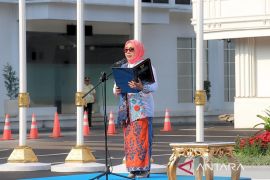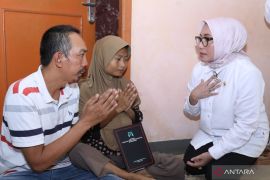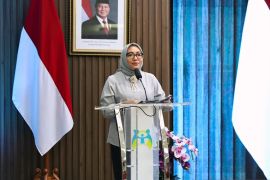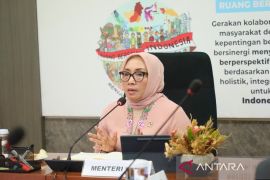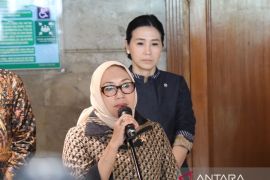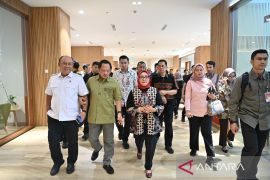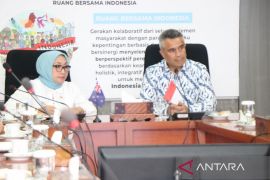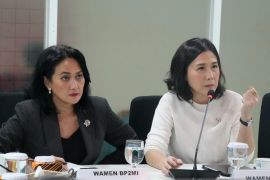The Rector of the State Islamic University (UIN) Datokarama Palu, Prof. Sagaf S. Pettalongi, made the statement in Palu, Central Sulawesi, on Thursday.
"The ratification of the TPKS Bill into law is an effort by the government for providing protection (to women) and the fulfillment of gender rights," Pettalongi said.
The TPKS Law is a form of the government's commitment to providing protection, fulfillment, and assistance to victims of sexual violence, he added.
According to Pettalongi, the TPKS Law is crucial for reducing cases of violence against women and vulnerable people in various regions in Indonesia, including Central Sulawesi.
The Central Sulawesi Women's Empowerment and Children Protection Office recorded 477 cases of violence in the period from January to November 2021, he noted.
According to the office, women tend to experience more domestic violence than men.
Meanwhile, the Ministry of Women's Empowerment and Child Protection said that two out of three Indonesian children aged 13–17 years have experienced physical, emotional, or sexual violence.
Related news: Sexual violence bill ratified due to all parties' hard work: KSP
Sex offenders should be severely punished because their depraved actions harm the future of the victims, Pettalongi said.
Therefore, the TPKS Law is a foundation and reference for deterring perpetrators of sexual crime and violence, he added.
"Sexual crimes are crimes against humanity that harm human, cultural, social, and religious values, so the behaviors cannot be tolerated, let alone compromised," he stressed.
Hence, he said he hoped that the derivative rules of the TPKS Law will really ensure the protection of vulnerable groups, in accordance with public expectations.
Related news: Sexual Crimes Bill passage highlights women's spirit, fight: lawmaker
Translator: M Hajiji, Kenzu T
Editor: Rahmad Nasution
Copyright © ANTARA 2022


